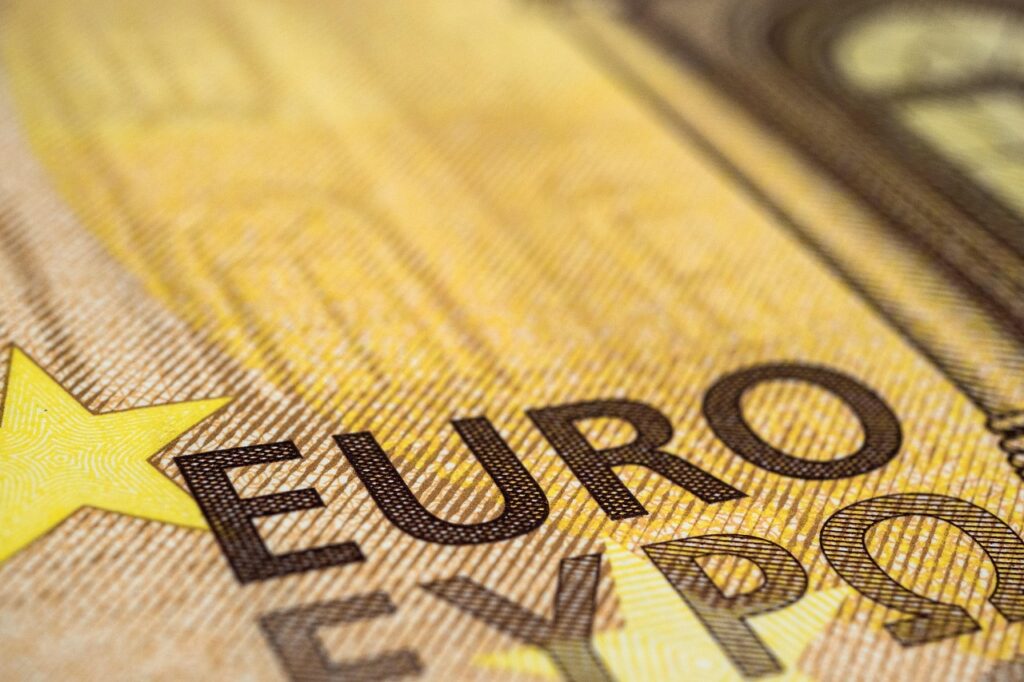As Germany intensifies its push toward industrial decarbonization, Bavaria is making a significant financial commitment to scale its hydrogen production infrastructure.
In the latest round of the Bavarian Electrolyzer Funding Program, Minister of Economic Affairs and Energy Hubert Aiwanger awarded €65 million in grants to eleven projects aimed at expanding electrolyzer capacity across the region.
This second funding call brings Bavaria’s total hydrogen infrastructure investment to €150 million, underscoring the state’s intent to build a self-sufficient, green hydrogen economy. Electrolyzers funded under the scheme must have a minimum capacity of 1 MW, with many of the latest projects ranging between 5 and 10 MW in electrical output.
The program, implemented by VDI Technologiezentrum GmbH on behalf of the Bavarian government, prioritizes funding efficiency—measuring projected hydrogen output relative to euros invested. This metric has emerged as a key differentiator amid growing scrutiny over the cost competitiveness of electrolysis.
According to officials, projects selected in this tranche stood out not only for their hydrogen output but for their economic viability, sustainability profiles, and readiness for regional integration. “With the new electrolyzers, we are laying the foundation for a strong domestic hydrogen economy,” Aiwanger said during the award ceremony, reiterating Bavaria’s strategy to reduce dependence on external energy sources.
The selected recipients reflect a cross-section of Bavaria’s energy and industrial ecosystem, highlighting the state’s decentralized approach to hydrogen deployment:
- Airport Energy Management GmbH (Unterallgäu) – Positioned to support hydrogen logistics in aviation-related applications.
- Energie Schwaben GmbH (Augsburg, Neu-Ulm, Neuburg-Schrobenhausen) – One of the larger recipients, targeting regional hydrogen hubs.
- Tyczka Hydrogen GmbH (Schweinfurt) – An established name in industrial gas solutions, expected to leverage hydrogen in multiple sectors.
- hy.1 GmbH & Co. KG / GP JOULE (Augsburg) – Known for renewable energy integration, likely combining solar or wind inputs.
- Fahrner Energy GmbH (Straubing-Bogen) – Focused on decentralized hydrogen production models for rural industrial zones.
- Steelworks Annahütte Max Aicher GmbH & Co. KG (Berchtesgadener Land) – Integrating hydrogen into steel production to lower carbon intensity.
- PAC Jasper GmbH & Co. KG (Bamberg) – Engaged in industrial innovation with hydrogen-fueled process heat applications.
- ESB Renewable Energies GmbH (Fürstenfeldbruck) – Connecting renewable energy generation with local hydrogen supply.
- SUW Energie GmbH (Neu-Ulm) – Exploring municipal energy solutions with green hydrogen as a flexibility asset.
Germany’s National Hydrogen Strategy aims to install 10 GW of electrolyzer capacity by 2030, and regional programs like Bavaria’s are critical to meeting that target. The focus on 5–10 MW class electrolyzers in this funding call is notable: these mid-scale systems are increasingly seen as the bridge between pilot-scale demonstration and industrial-scale gigawatt plants.
Moreover, by backing projects with direct industrial applications—such as steel manufacturing and mobility—Bavaria is aligning public funds with sectors that face the highest barriers to electrification. This approach supports both decarbonization and economic competitiveness, especially as the EU rolls out additional policy levers like the Carbon Border Adjustment Mechanism (CBAM) and the Renewable Energy Directive III (RED III).
Stay updated on the latest in energy! Follow us on LinkedIn, Facebook, and X for real-time news and insights. Don’t miss out on exclusive interviews and webinars—subscribe to our YouTube channel today! Join our community and be part of the conversation shaping the future of energy.
